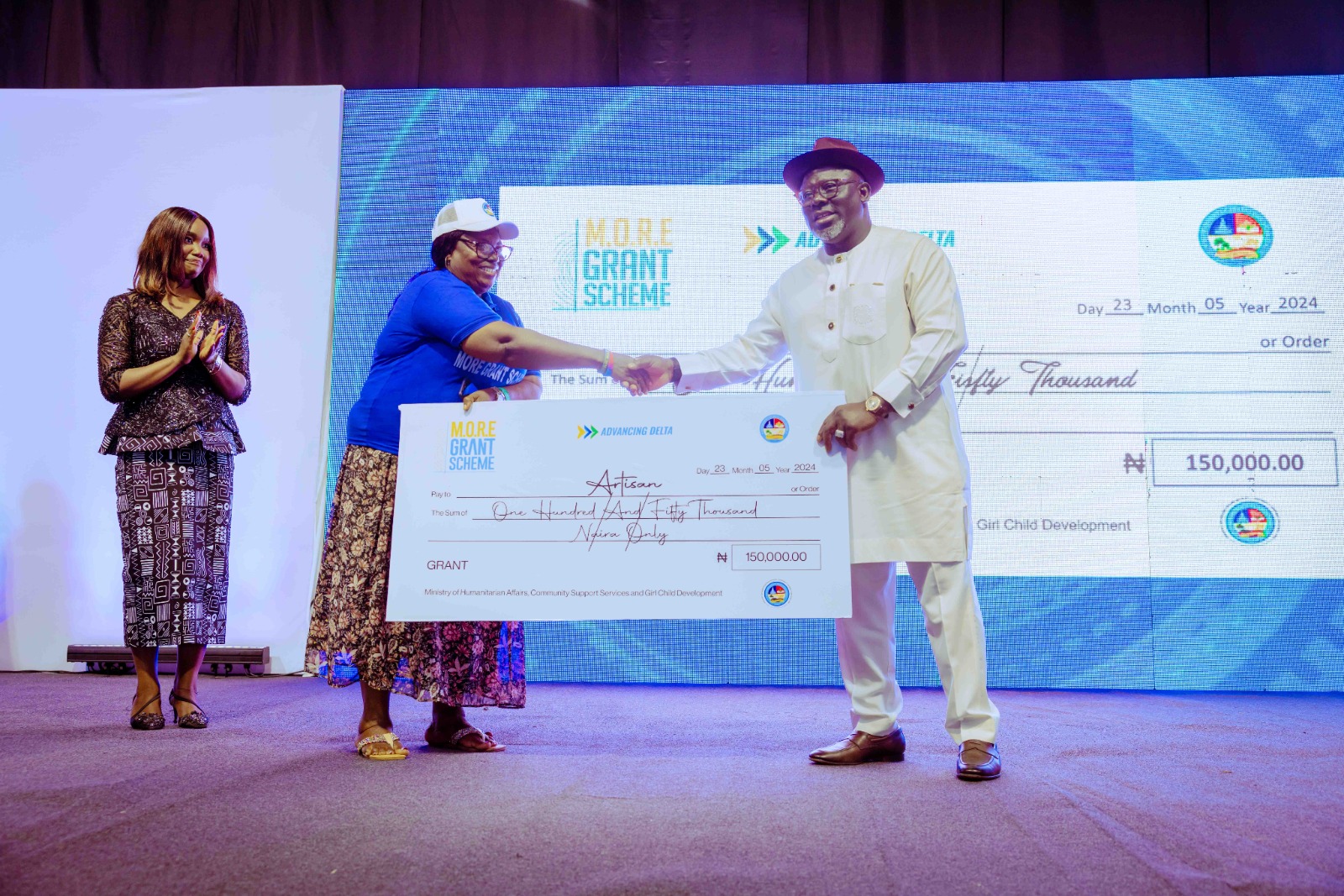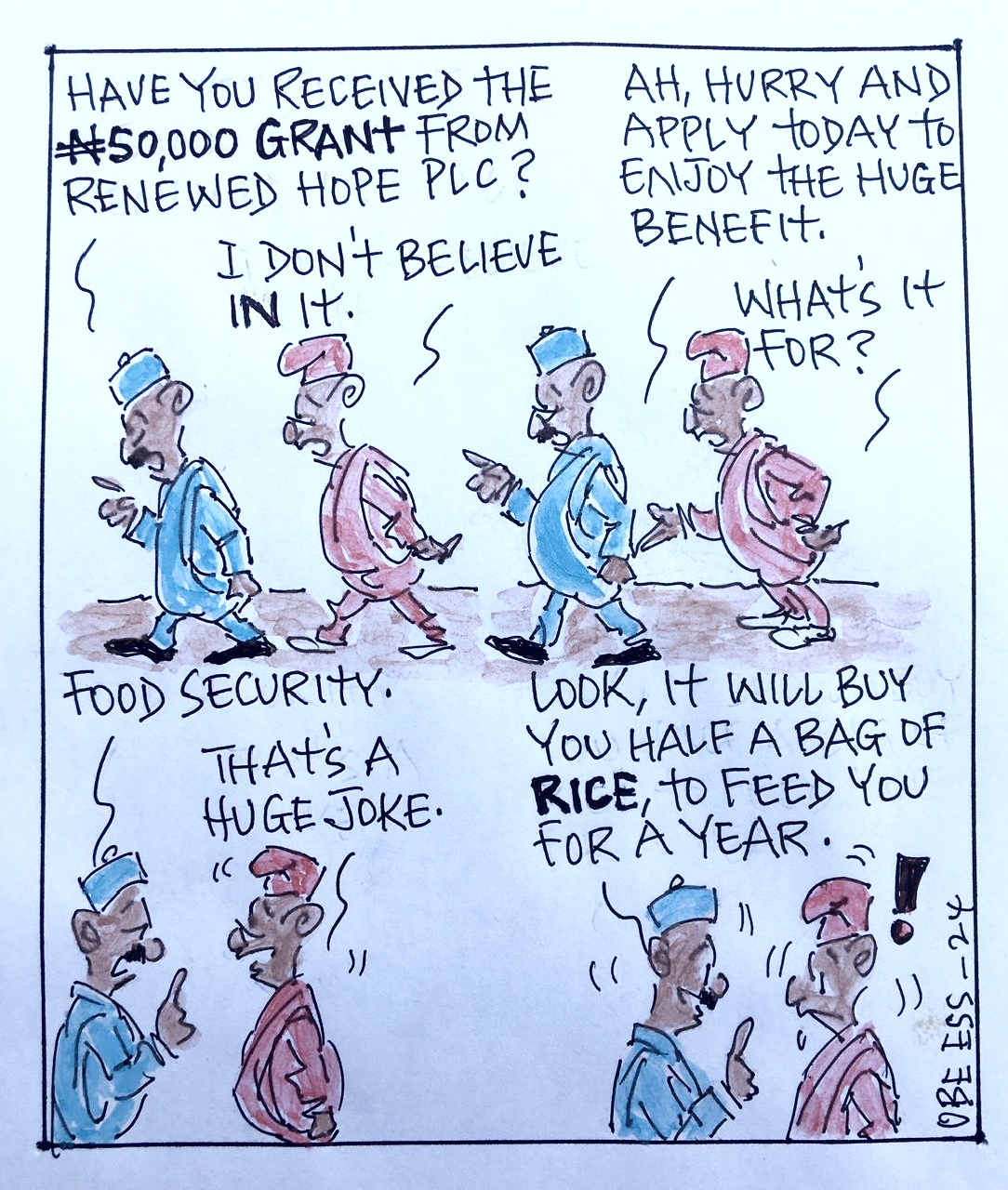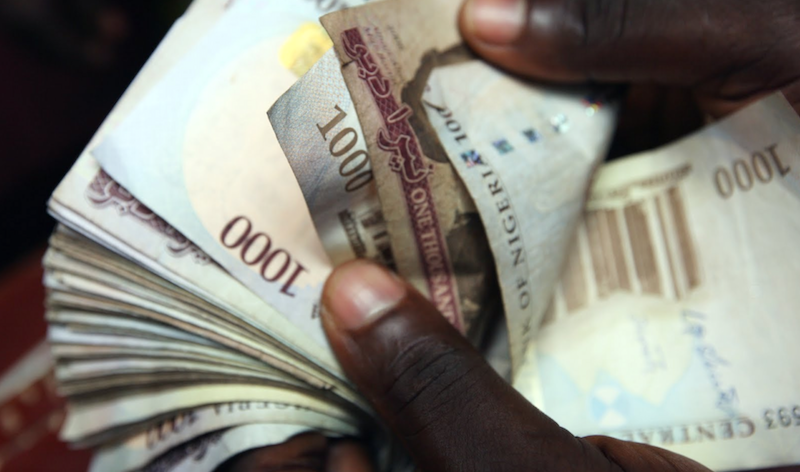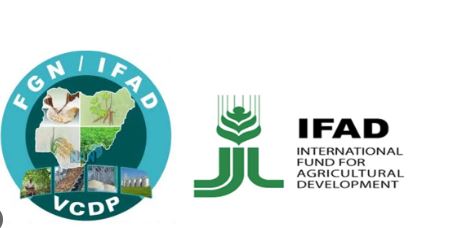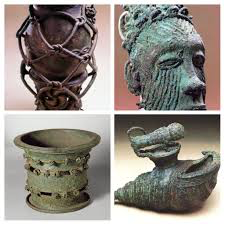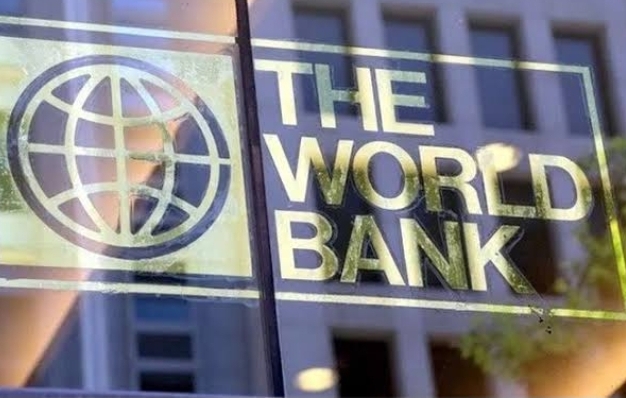Delta State Governor, Rt. Hon. Sheriff Oborevwori, Thursday, launched the MORE Grant Scheme for petty traders, artisans and female entrepreneurs with 5,426 persons from poor and vulnerable households in the state benefitting.
Speaking at the formal launch of the M.O.R.E Grant Scheme at Event Centre, Asaba, Governor Oborevwori said the initiative was a comprehensive support system that would empower 5,426 Deltans, comprising 1,600 petty traders, 1,826 artisans and 2000 female entrepreneurs across the state.
He said Delta State was rich in talent and ambition and commended the artisans, traders, and entrepreneurs for being the unsung heroes of the state’s local economies.
He said: “Your hard work, creativity and perseverance are the driving force behind the vibrancy and resilience of our local communities. As we recognize your invaluable contributions, I reaffirm the state government’s commitment and willingness to support your endeavours.
“The MORE Grant Scheme represents a beacon of hope and a catalyst for positive change, as the programme provides critical resources that will help you scale up your businesses, and improve your livelihoods.
“To our petty traders from poor and vulnerable households, despite the daily struggles of life, you have continued to strive for a better future for your families and communities through your small businesses.
“As a show of faith, the MORE Grant Scheme will continue to provide you with the financial assistance necessary to improve your businesses, as we remain committed to turning small ventures into flourishing enterprises, thereby improving the quality of life of our people and contributing to the economic growth of our state.”
He charged the artisans, to use their skills, craftsmanship and dedication to preserve the state’s cultural heritage through creative innovation for sustainable living.
The Governor added; “the grant being given out today will help you acquire better tools, access quality materials, and reach wider markets, which will, in turn, take the rich traditions of our people to new heights.
“To our female entrepreneurs, you are the embodiment of strength and innovation. Despite facing numerous challenges with courage and determination, you have not stopped breaking barriers and setting new standards. I am proud of you.
“This grant scheme is dedicated to empowering you and more young women with the resources and mentorship needed to grow your businesses and inspire other women to follow in your footsteps.
“Your success is crucial to our state’s progress, and we are devoted to supporting your entrepreneurial journey every step of the way.”
Governor Oborevwori assured the beneficiaries that the state would offer them workshops, training sessions and mentorship programmes to equip them with the knowledge and skills needed to succeed in today’s competitive market.
“We aim to foster a community of empowered individuals who collaborate, innovate and uplift one another”, the governor said.
In her welcome remarks, the Commissioner for Humanitarian Affairs, Community Support Services and Girl-Child Development, Orode Uduaghan, said the project was anchored on three phases, with each carefully designed to empower specific segments of the state, for over 5,000 beneficiaries.
Uduaghan disclosed that the first phase of the project ‘targets the heartbeat’ of the local economy of the state, the petty traders who, she said, contribute immeasurably to the tapestry of communities in the state.
According to her, with the MORE Grant Scheme, the state government aimed to infuse vitality in their businesses, saying; “we are aware of how impactful even a small additional capital can be for these petty traders who work tirelessly to make a living.”
The keynote speakers at the event, Weyinmi Eribo and Nneka Okekearu, affirmed that human capital development was a platform to break the jinx of poverty and lauded the governor for providing resources to grow small and medium- scale enterprises.
They pledged to partner the state government through their agencies to mentor young entrepreneurs from the MORE grant scheme on ways to grow their businesses to become large- scale establishments.
Some of the beneficiaries, including; Mr Paul Onwochei (Delta North); Ogemuno Endurance (Delta Central) and Shodipe Gbubemi Sarah (Delta South), thanked Governor Oborevwori for providing money for them to expand their businesses and called on him to sustain the programme to pave the way for more Deltans to benefit.
Highlight of the event was the symbolic presentation of cheques to some of the beneficiaries drawn from the over 5,000 persons.
